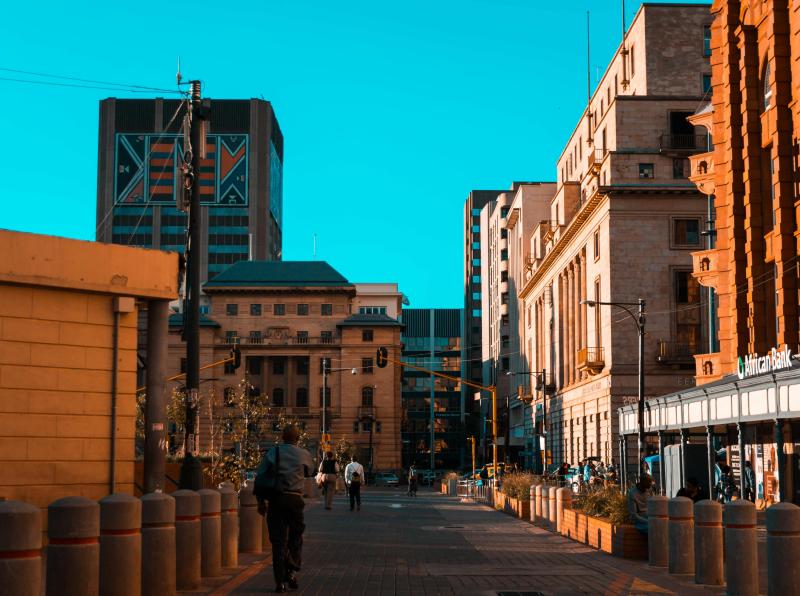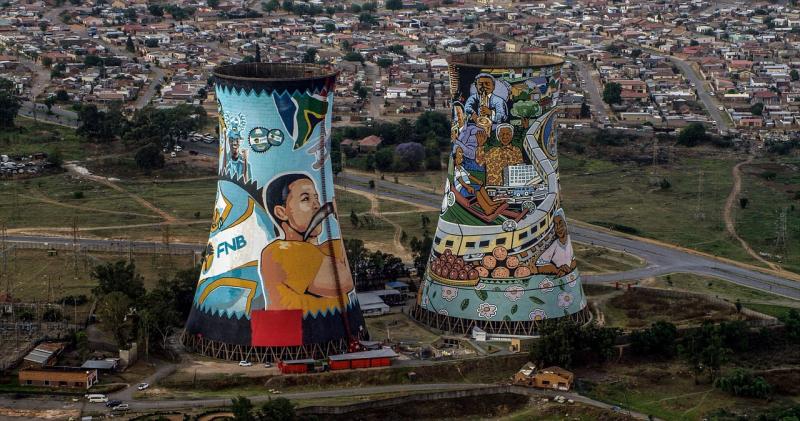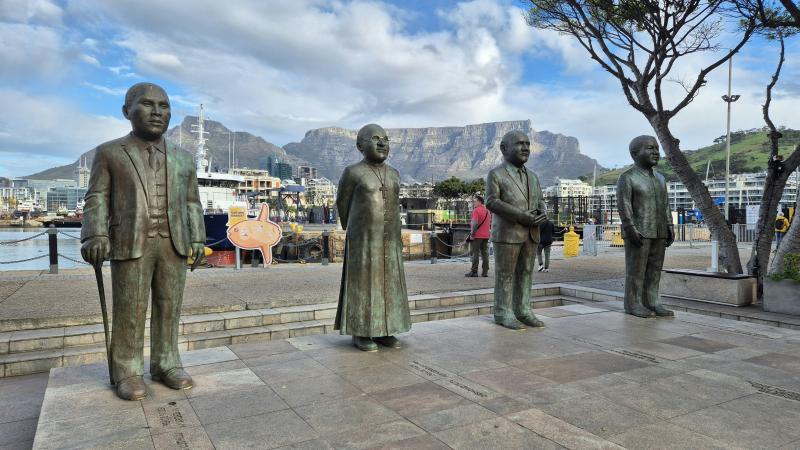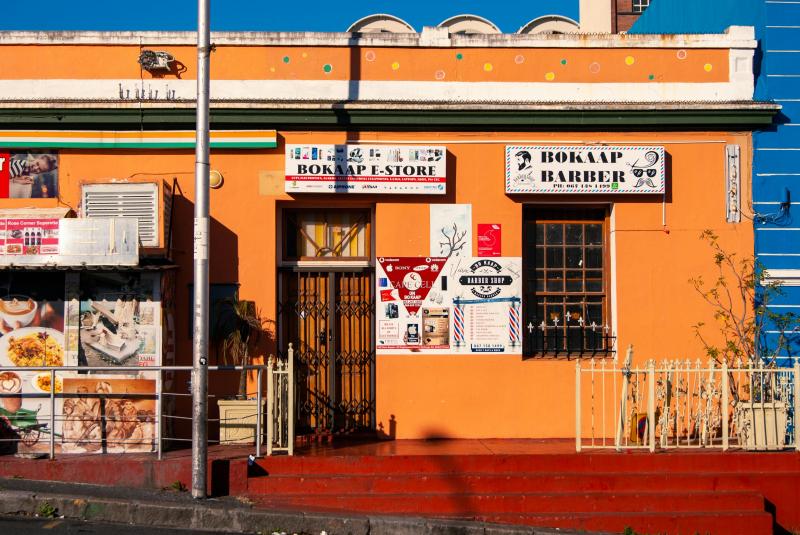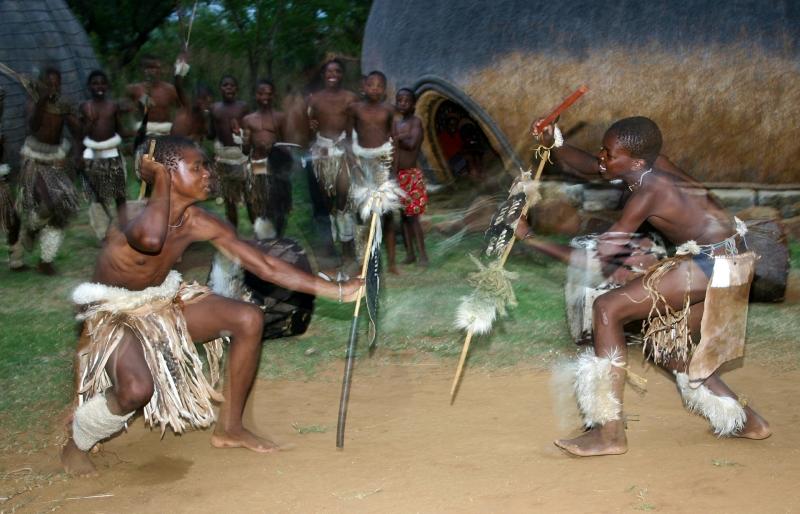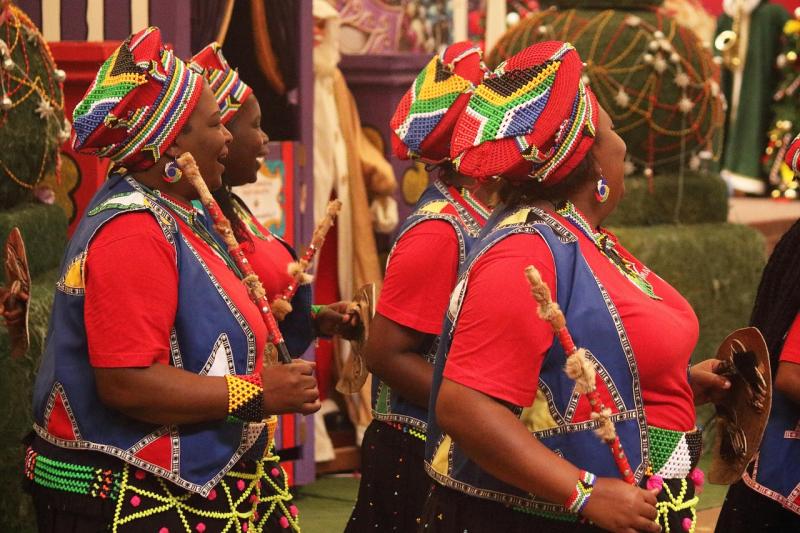
A cultural journey to discover South Africa in a different way
A trip to South Africa is not limited to safaris alone. With 11 official languages, a rich history, and numerous ethnic groups, it would be a shame to miss out on the historical and cultural wealth of the Rainbow Nation. And since travel is an opportunity to learn through interaction with others, we invite you here to explore the country from a different perspective: discovering its heritage and people. Find out everything you need to know to plan a cultural trip to South Africa!
Johannesburg and Soweto: Immersion in South Africa's Historical Heritage
Johannesburg is a must-visit destination for any historical trip to South Africa, thanks to its rich and vibrant cultural heritage. Steeped in history, the country's largest city has recently been recognized as the most culturally dynamic African city. Visiting it is an unforgettable cultural and historical experience.
A cultural journey to understand South Africa's history
Any historical trip to South Africa should begin with two essential sites: the Apartheid Museum and Constitution Hill, which allow visitors to better understand the history of Apartheid and its ongoing impact on the population. It's an opportunity to walk in the footsteps of Nelson Mandela, as well as Gandhi, who developed his philosophy of non-violent resistance during his years in South Africa.
Much of the country's history unfolded in the famous Soweto district. Taking time to explore this township is a must! A guided visit of Soweto, on foot, by bike, tuk-tuk, or minivan, is an excellent way to discover monuments and historic sites, as well as the daily life of the residents. For a more authentic experience, you can visit a shebeen (local bar) and enjoy a beer with locals.
-> To fully enjoy cultural visits in South Africa, be accompanied by a French-speaking guide recommended by Effective Connections. Check out our excursions such as this day tour with a guide covering Johannesburg, the Apartheid Museum, and Soweto.
From the origins of humankind to contemporary art
South Africa's history goes far beyond the Apartheid era and can also be discovered at the Origins Center, a museum dedicated to South Africa's ancestors, starting with the Bushmen. A detour to the Sterkfontein Caves, part of the site called the Cradle of Humankind, is a must: it is here that the fossil of Little Foot, a 3.7-million-year-old australopithecus, was discovered.
But Johannesburg is not only about its past: for a more contemporary glimpse, head to Newton. This vibrant and intoxicating district, once a hub of protest through theater, poetry, and music, is now the heart and soul of Johannesburg's cultural scene. It is filled with art galleries, museums, dance studios, concert halls, theaters, restaurants, and nightclubs. Johannesburg also boasts more than forty contemporary art galleries. And because dance is an integral part of the country's culture, ballet, contemporary dance, gumboot, and other forms of artistic expression are presented in numerous theaters (Johannesburg Theatre, Lyric Theatre, Victory Theatre…).
Cape Town, at the heart of South African culture
Head to Cape Town, where alongside office buildings, a harmonious mix of architectural styles has been meticulously preserved, including Edwardian, Victorian, and Cape Dutch. In both its diverse population and its colorful streets, this city embodies the Rainbow Nation envisioned by Madiba. Cosmopolitan, young, and creative, Cape Town overflows with energy. In this city that prides itself as South Africa's capital of lifestyle, you will discover another cultural facet of the country.
Historic Cape Town
A walk through Cape Town will take you to numerous museums, including the Iziko South African Museum or the Slave Lodge Museum, dedicated to the history of slavery. But if you only visit one, we recommend the District Six Museum, which tells the story of this neighborhood during Apartheid. One of South Africa's most moving museums!
To learn more about the military history of the colonial period, visit the Castle of Good Hope (Fort of Good Hope). Built in the 17th century by the Dutch East India Company, the castle still houses the army headquarters in Cape Town. It is a military museum tracing colonial conquests and the Anglo-Boer War, with period costumes and weapons.
Finally, embark on a fascinating visit to Robben Island, a small northern island, where the prison held Nelson Mandela for 18 years.
Cape Town, a vibrant and multicultural city
The picturesque Bo-Kaap neighborhood is certainly worth a visit. Formerly known as the Malay Quarter, it was built in the 18th century to house slaves. These brightly colored houses, inherited from Cape Dutch and Georgian styles, have been inhabited by the same families for generations: Bo-Kaap represents a vibrant aspect of Cape Town's cultural heritage.
Explore the multicultural side of the city: visit a township and interact with locals. With a guide, explore the informal neighborhoods of Langa and Khayelitsha, where traditional healers and shebeens enrich cultural life. You will then realize that townships are also places of dynamism and creativity, despite significant social inequalities.
To complete your cultural discovery of South Africa, visit the Zeitz MOCAA, the largest African contemporary art museum on the continent.
-> What to do in Cape Town? Browse our 15 ideas for visits and activities.
KwaZulu-Natal: an essential stop on any cultural trip to South Africa
Dive into Zulu culture! In this coastal region in the northeast of the country, traces of the former Zulu kingdom are still visible. The main asset of this province is its incredible diversity, reflecting South Africa itself: in addition to traditional villages, you will meet many locals who travel on foot and immerse yourself in Zulu culture.
Diving into South Africa's troubled past
It's an opportunity to learn about a complex and little-known past, through the remnants of the many wars that shaped South Africa. On the "Battlefields Route," you can visit battlefields such as Isandlwana, Rorke's Drift, and Spioenko, where Zulus, Boers (Dutch settlers), and the British clashed in the 19th century. The Rorke's Drift Museum offers a vivid and immersive account of this fascinating battle.
Before reaching Durban, stop at Howick to admire a monumental statue of Nelson Mandela. This striking anamorphic sculpture, created by South African artist Marco Cianfanelli and inaugurated in 2013, is located at the site of his final arrest in 1962, before his imprisonment on Robben Island.
Immersion in Zulu culture
Zulu traditions are an important part of South Africa's cultural heritage. For museum enthusiasts, the KwaZulu-Natal Cultural Museum in Pietermaritzburg offers an exhibition on Zulu traditions, including clothing, music, and traditional arts.
In the Umgungundlovu district is the Royal Kraal of Dingane. This site honors the former Zulu king Dingane, who reigned from 1828 to 1840. A visit to Umgungundlovu will take you past huts, allowing you to observe construction techniques and Zulu social life. Your walk will conclude at the tomb of Voortrekker (Boer pioneer) leader Piet Retief, whose death here marked an important and controversial chapter in the country's history.
For an even deeper cultural immersion, visit a Zulu village. Observe and participate in the daily routines and lifestyle of a rural family, where centuries of tradition intersect with modern life. Enjoy a glimpse of traditional crafts and the importance of techniques, colors, and patterns used in the creative process. Music, representing an important element of heritage, history, and worship in this nation, allows you to attend a Zulu drum performance and feel the depth and power of this seemingly simple instrument.
-> Want to also explore South Africa's natural heritage? Plan a safari in Kruger National Park to complete your trip.
As you can see, South Africa's cultural richness makes it a top destination for travelers seeking authenticity and discovery. From Johannesburg to Cape Town, via KwaZulu-Natal, the country is full of historic sites, fascinating museums, and colorful festivals that reflect this cultural diversity.
An unforgettable journey to the heart of the Rainbow Nation awaits you...
Ready to book your cultural trip to South Africa? Our local French-speaking team will help organize a tour tailored to your desires.

